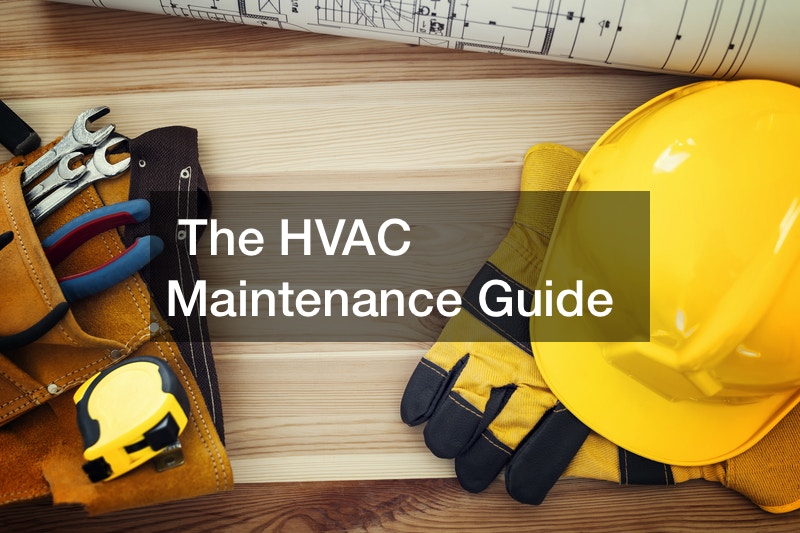
Summer is here, and it is about time we ran a maintenance check on our air conditioning units to make sure they are in the best working condition. Right about now, there is a lot of talk about HVAC technician services and quality.
Installation and maintenance of HVAC units is regular in the spring and summer months. One can see technicians with their refrigerant weight scale running checks on these systems.
When these systems prove to malfunction, there is no better way around it than to acquire a new heating and cooling unit.
Most air conditioning units run on electricity or gas and there are varied installation methods. If you are looking to cut costs, you might want to purchase a central air conditioner with gas heat for your home. Gas-powered central air conditioning could save up to 50% in costs without a compressor and 75% with a compressor. ‘
Another great way to save on energy costs is to install a partial air conditioning system. In addition to its economic benefits, this unit also assures you of better air quality indoors.
Your home’s climate control system works hard year round to heat and cool your house to a comfortable degree. In fact, over two thirds of Southern homeowners run their air conditioning units all year round—and with expectations of our HVAC systems like that, it comes as no surprise that a healthy climate control system is a frequently serviced climate control system. The thought of calling out an electrical contractor every time you suspect a hiccup in your system is probably unappealing but, fortunately, most of the regular maintenance required by an HVAC system can be done by the homeowner.
Most of the HVAC system maintenance needs to be done in the spring and summer seasons, especially if you live in a four season climate. If you neglect these regular HVAC service tips, you could actually be costing yourself more money, as most well maintained heating and cooling units are not energy efficient and cause your energy bill to skyrocket. Make sure all systems are running correctly before your heating or AC services are most needed.

Change your furnace filter. Changing your furnace filter is one of those pesky things that many people forget to do until their furnace is not functioning properly. Ideally, a disposable furnace filter should be replaced once a month; however, if you are forgetful, put a reminder on your calendar to at least change in the spring after the cold season is over. Clearing out this buildup keeps your furnace running efficiently, and taking care of it right after the season that demands the most out of your furnace means you can be furnace worry free until next winter. Some furnaces may come with permanent filtration systems, which should be rinsed off with a hose monthly as well.

Check on your outdoor units. Regular monitoring and maintenance is the best way to prevent serious AC repair. How often do you check on your air conditioning units? If the answer is not until there is a problem with the units, you are probably costing yourself a lot of unnecessary repair costs and repeatedly calling out an air conditioning contractor. In the warm summer season, or if you live in a climate that is summerlike all year round, it is important to perform a weekly or monthly diagnostic on your air conditioning. The units are, in fact, laboring very hard at this time of year, and it would likely be inconvenient to experience an air conditioning break down. Your electrical contractor would advise that debris and yard growth should be keep trimmed back to a two feet radius around the units; in fact, many homeowners choose to pour a concrete slab under their units to keep them clear of obstructions. This way, the units do not have to work as hard to pull air into the system past the plants, and pests and creatures are not attracted to their units and their wiring for nesting or chewing.
If you check on your outdoor units while they are running, listen for signs that they may need a commercial service. If you hear shuddering, rattling, or any other noises that indicate something is wrong, call your air conditioning contractor.

Pay attention to your energy bill. Your home’s energy costs are closely related to how much energy is being wasted by your HVAC system. For example, if you noticed that your bill is outrageously high in a cool spring month you didn’t run the air conditioning at all, but ran the heat for a few chilly evenings here and there, you may have an HVAC problem. Poor insulation, outdated machines, and leaks in HVAC seals and piping can all throw your energy dollars out the window. If you notice unusually high energy bills or huge spikes and drops in your monthly dues, contact an air conditioning contractor.
You probably would have a lot of uncomfortable days in your home if it weren’t for your climate control system; just like the shingles on your roof and the pipes under your feet, your HVAC system can’t be the most efficient it can be with no maintenance effort from the homeowner. When in doubt, schedule a consultation with your local air conditioning contractor to find out what maintenance route is best for your home.
